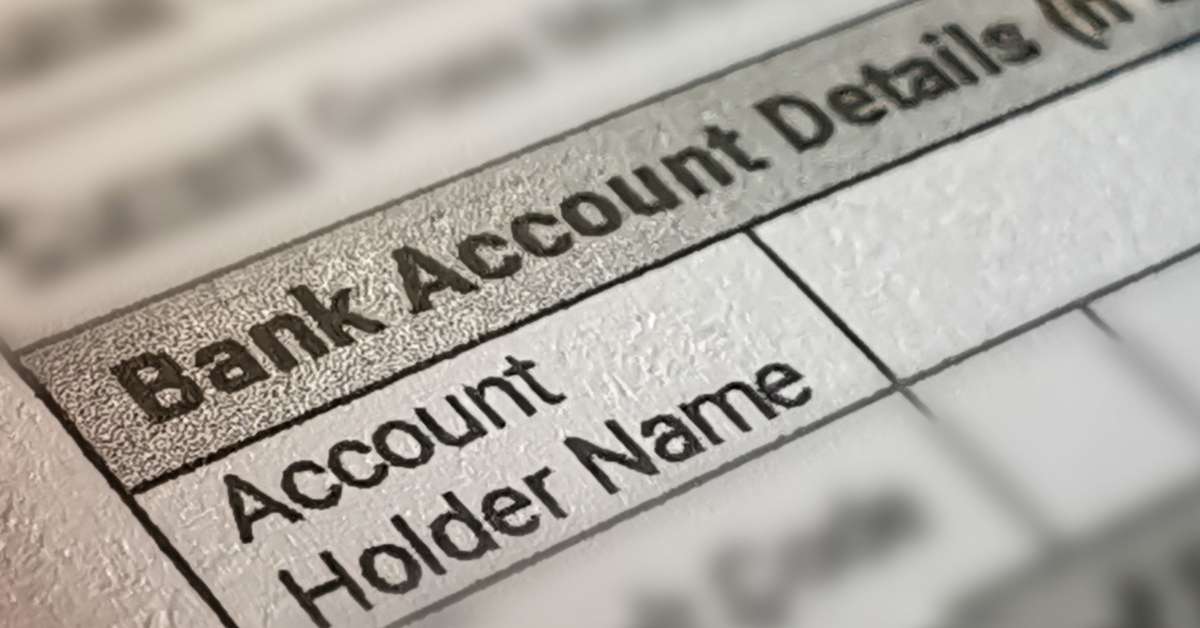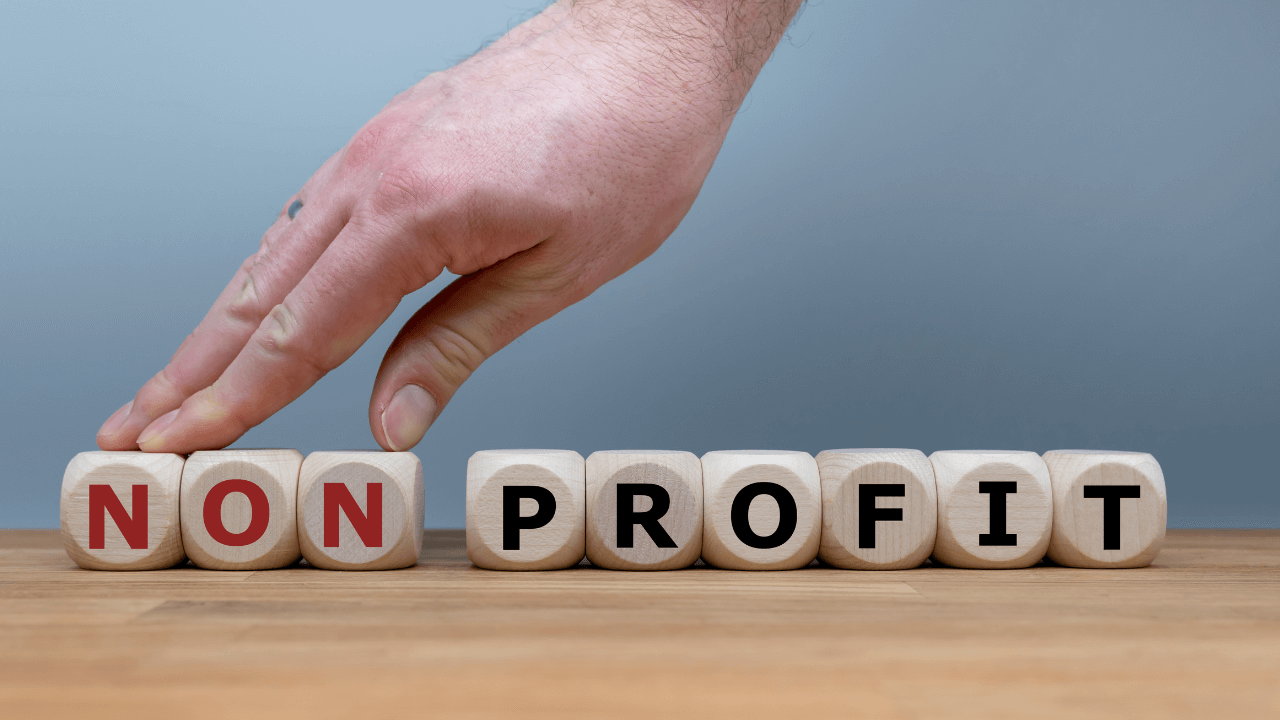Language:
How to Add DBA to Bank Account in 5 Steps

A DBA, or “Doing Business As,” is a legal term used to refer to a business that operates under a name different from its legal name or the name of its owners. It allows businesses to use a trade name or a fictitious name to conduct their operations and interact with customers and vendors.
Are you thinking about adding a DBA (Doing Business As) name to your bank account? Adding a DBA name to your bank account can be a practical step if you want to conduct business under a different name without having to open a separate bank account. It provides flexibility and allows you to manage your finances effectively. You can also open a new account under the DBA if that’s a better option for you. Read on to learn all about DBAs and adding them to bank accounts.
Is It Possible to Add DBA to a Bank Account?
While some financial institutions may offer the option to add a DBA name to your bank account directly, there are cases where additional steps may be necessary to ensure your DBA name is properly reflected in financial transactions, especially when sending out checks or conducting other payment activities.
Can You Add DBA to Your Personal Bank Account?
If you’re a sole proprietor and your business name is the same as your own name, then you can totally use your personal bank account. Let’s say you’re a general contractor named Brian Smith, and payments will be made to Brian Smith. In this case, you can put both your personal and business funds into one account, like a mix.
If Brian Smith already has an LLC called Keystone Construction and wants to create a DBA called Keystone Landscaping, it’s a good idea to have a separate bank account for the new business. Keeping Keystone Landscaping’s account separate from Brian Smith’s personal account can actually protect Brian’s personal assets if there are any lawsuits or liabilities against the business. This is especially important if the DBA is formed under his LLC.
How to Add a DBA to a Bank Account?
Here are some extra steps you might need to take:
- Update your checks: If you plan to write checks using the DBA name, you will likely need to order new checks that display your DBA name instead of your personal name. Contact your bank or a reputable check printing service to request checks with your DBA name.
- Notify business partners and clients: Inform your business partners, clients, and suppliers about your DBA name and request that they update their records accordingly. This helps ensure that any payments or transactions made to your business are correctly addressed using your DBA name.
- Update billing information: If you have recurring billing arrangements with vendors or service providers, such as utilities or subscription services, you should update your billing information to reflect your DBA name. This helps avoid any confusion or issues with payments.
- Update online platforms and accounts: If you conduct business online or have accounts on various platforms, such as e-commerce websites, payment processors, or social media accounts, make sure to update your account information to include your DBA name. This helps maintain consistency across different channels and platforms.
- Check legal requirements: Depending on your jurisdiction, there may be legal obligations or specific procedures to follow when using a DBA name for financial transactions. Research and comply with any applicable regulations to ensure you are meeting all the requirements.
Having Multiple DBAs Under One Bank Account
You can have multiple DBAs under one bank account. It’s a common practice and can be convenient for certain business setups.
Having multiple DBAs under a single bank account allows you to streamline your financial management. Instead of maintaining separate bank accounts for each DBA, you can consolidate your funds and transactions into one account. This can simplify your bookkeeping and reduce administrative work.
However, it’s important to note that while you can have multiple DBAs under one bank account, each DBA should have its own unique identity and maintain separate records. This means keeping track of income, expenses, and financial statements specific to each DBA. Accurate record-keeping is essential to ensure proper financial management and legal compliance.
Clearly communicate and differentiate between the different DBAs when conducting business. This helps maintain transparency and avoids confusion among your clients, suppliers, and other stakeholders.
When You Need to Change Your Business Bank Account Name?
You might need to change your business bank account name because of various reasons. Maybe you’ve rebranded your business and want your bank account to reflect the new name. Or perhaps you’ve undergone a legal name change for your business. Whatever the reason, it’s important to update your bank account name to align with your current business identity.
When You Don’t Need to Change Your Business Bank Account Name?
If you’re not planning to rebrand your business or if there hasn’t been a legal name change, you generally don’t need to go through the hassle of changing your bank account name. If your business name remains the same and everything is running smoothly, there’s no urgent need to make any alterations.
In such cases, you can continue using your existing business bank account as-is. You don’t have to worry about updating your account name or going through the process of informing various parties about the change.
DBAs and Streamlined Finances with Doola Bookkeeping
Understanding the dynamics of DBAs and their impact on bank accounts is crucial for effective business management. When it comes to handling the financial aspects of your business, doola bookkeeping can be immensely beneficial. Doola provides comprehensive solutions tailored to your business needs, making it easier to track income, expenses, and financial statements for each DBA.
FAQs
What does DBA stand for on a bank statement?
DBA stands for “Doing Business As” on a bank statement. It refers to an alternative name or trade name that a business operates under, which may be different from its legal business name.
Does a business need a business bank account?
While it is not a legal requirement in all cases, having a business bank account is highly recommended for several reasons. A business bank account helps separate personal and business finances, simplifies bookkeeping and tax filing, enhances professionalism, and provides a clear audit trail for financial transactions.
Can you have two bank accounts for one business?
Yes, it is possible to have multiple bank accounts for one business. Having multiple bank accounts can offer advantages such as better organization, easier tracking of finances for specific purposes (e.g., payroll, taxes), and enhanced financial management. However, it’s important to ensure proper record-keeping and to adhere to any specific requirements or guidelines set by the bank.
Keep reading
Start your dream business and keep it 100% compliant
Turn your dream idea into your dream business.














